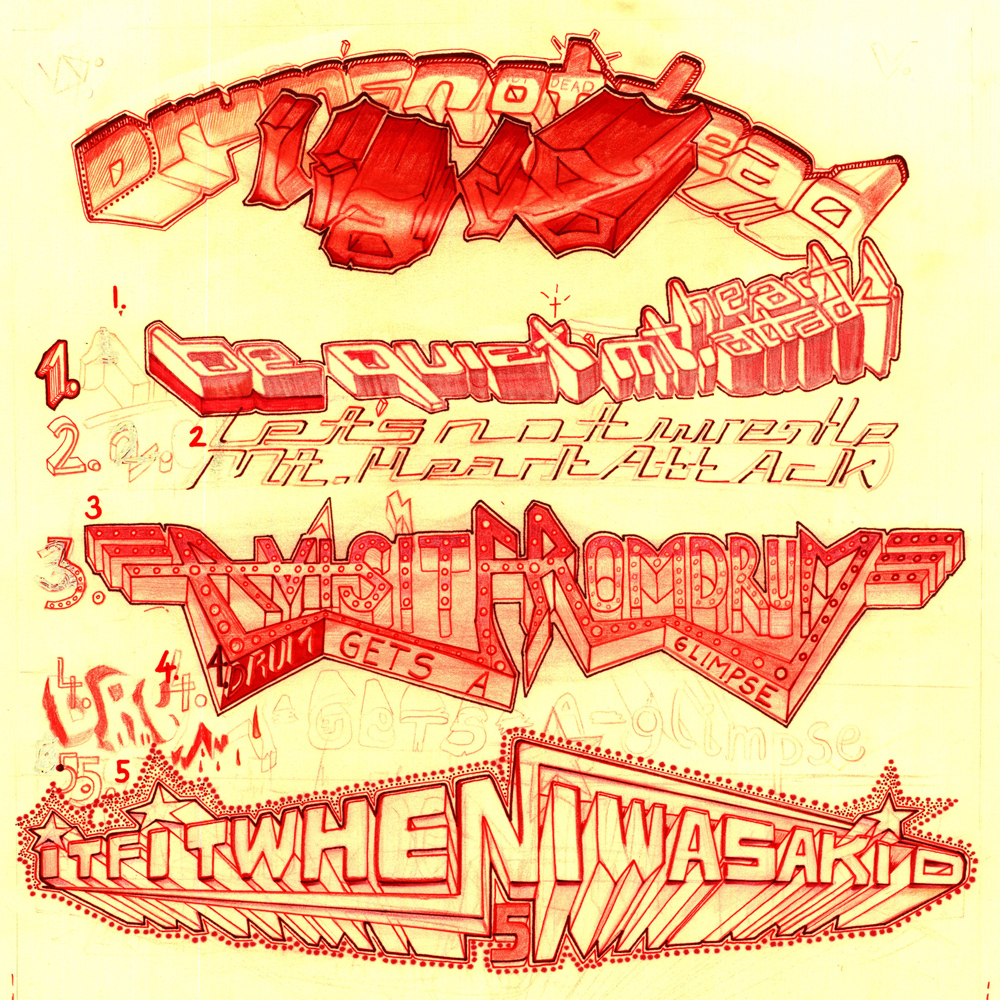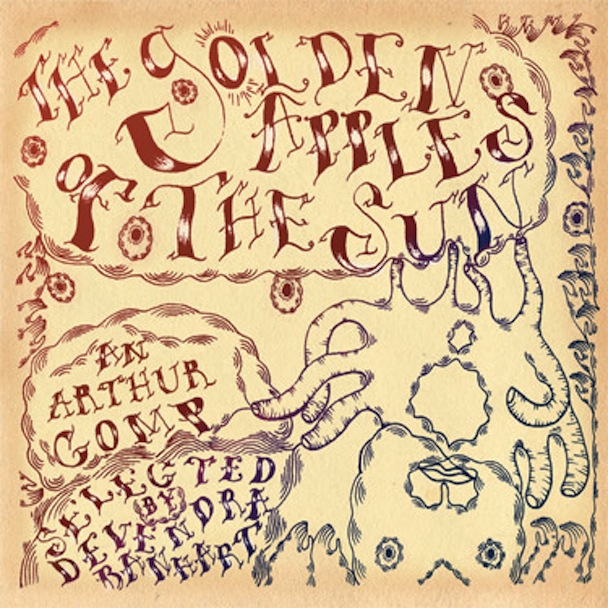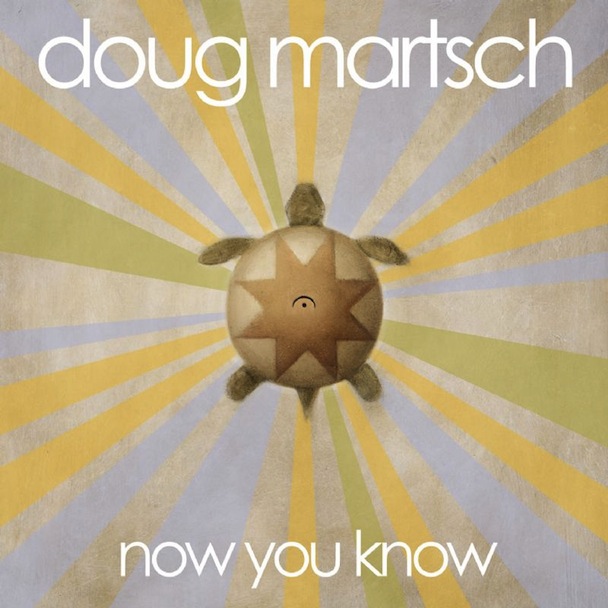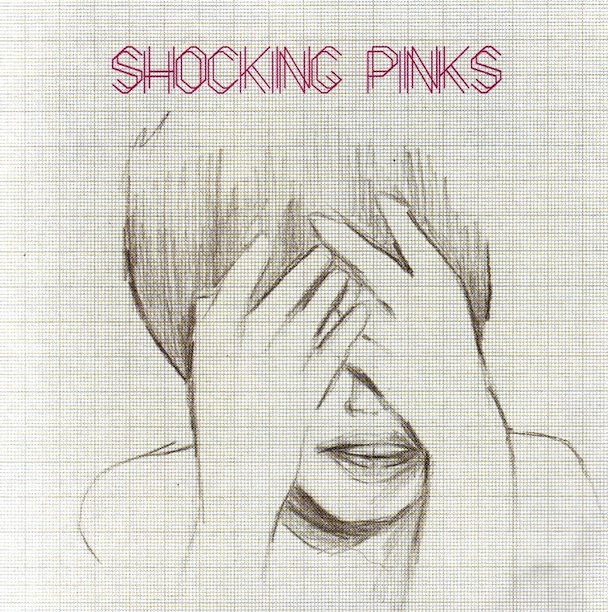At various points in musical history, if you were a certain kind of musician with a certain set of obsessions, making an intricately layered, impossibly dense magnum opus was not just an option, it was a requirement that came from somewhere deep in your soul that could never quite be fulfilled. It's become the story that defined Brian Wilson, but if you start delving into the back catalogs of most rock bands, you're going to find the album that broke them. Of course, "breaking" can mean plenty of different things. TV on the Radio, who I wrote about last week, did it on a minor scale. You don't have to go crazy, sometimes it's just about re-evaluating what you've been doing.
You don't have to go crazy, sometimes it's just about re-evaluating what you've been doing.
Liars have always been a band that messes with expectations, mostly because they've made it impossible to even really have expectations for what they might do next. After the brittle, post-punky They Threw Us All In A Trench And Stuck A Monument On Top, they made a grinding concept album about witches. Two albums in, and it was already impossible to explain to someone how Liars sounded.
For Liars, Sisterworld and WIXIW, their fourth, fifth and sixth albums, they didn't lose any of their weirdness, but they started grafting it to more overtly accessible songs to create these chunky records that eventually opened up into beautiful passages of really well-done, if straightforward songwriting. WIXIW, in particular, feels like a synthesis of everything they've done before.
It's their third record, Drum's Not Dead, that I always come back to, though. It's tempting to create a somewhat uninformed narrative: experimental band takes things to the extreme with their second album, then makes a third album that rockets that extremeness into the stratosphere, before coming back to earth, exhausted. It's tempting to do this because Drum's Not Dead feels like a breaking point. It's extremely percussion heavy. Relentlessly so. Drums clatter and stomp and whip over Angus Andrew's blunt falsetto, when they go away, it's a relief. It's a relentless album that knows it's relentless. That's supposed to be exhausting. That takes brief respite in beautiful guitar passages and then dives right back into pummeling drums.
I've always tried to understand why Drum's Not Dead is simultaneously the most treasured and the most under-discussed Liars record. Could it be that it doesn't have the confrontational difficulty of They Were Wrong, So We Drowned (the witch album)? That it's more freeform than Liars and Sisterworld and WIXIW?, that it doesn't have the punky energy of They Threw Us All…? Drum's Not Dead carves out a unique emotional space and then forces us to hang around inside of it. The drums keep us in, or protect us from what's outside, depending on how you want to look at it.
Because of its primal energy, Drum's… is an exhausted album, but not an exhausting one. For all the noise it shapes and moves around, it's not difficult. It's never grating or harsh. Even at its most aggressive moments, which start immediately with "Be Quiet Mt. Heart Attack," it's still a beautiful album.
It's about what happens when you're giving everything you have to prove that you're not set in your ways. Life might be about looking for who we are through constant reinvention, but it doesn't mean that the moves you make along the way don't mean anything. Drum's Not Dead, in all its sloppy, vibrant glory, is about the mistakes and confusion that come with looking for answers. You can find as many as you want while listening to it, but sometimes it feels better to be in the dark.
[videoembed size="full_width" alignment="center"][/videoembed]






